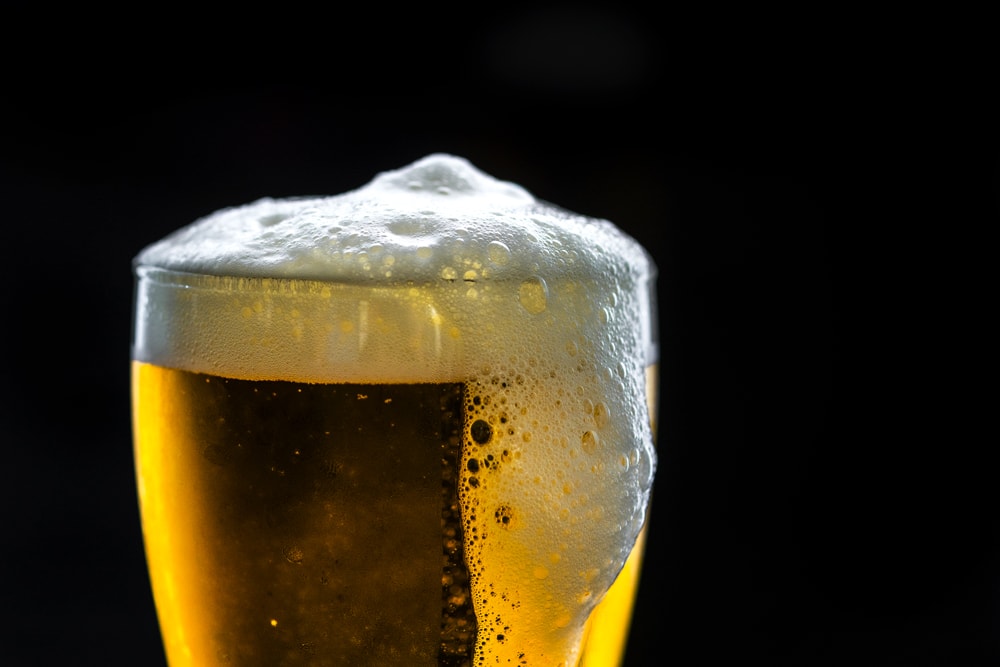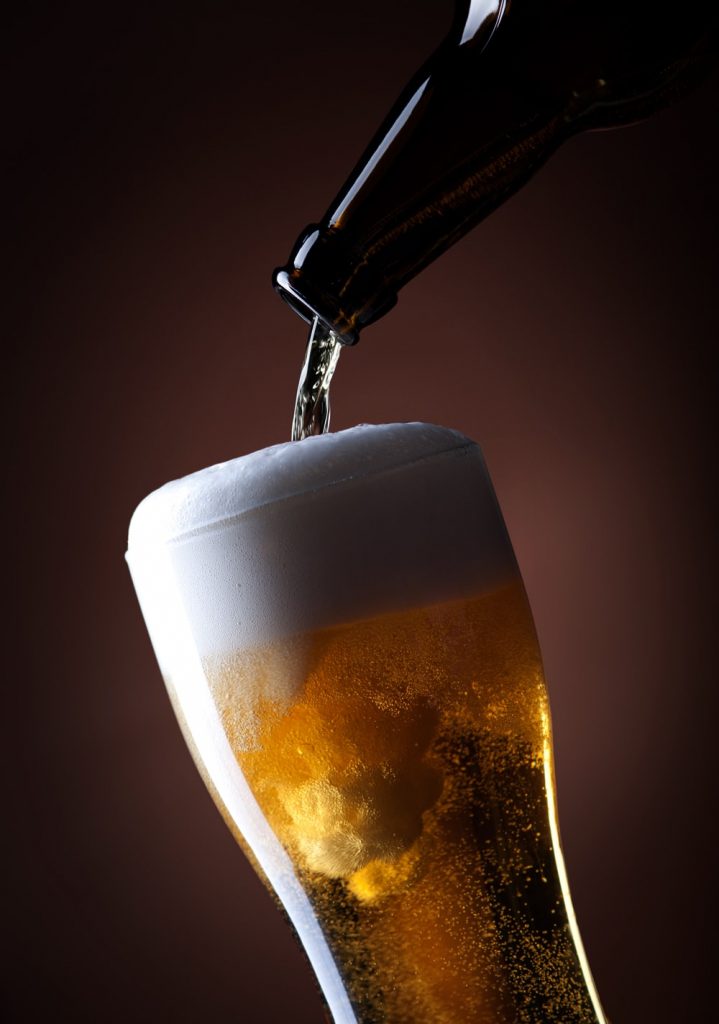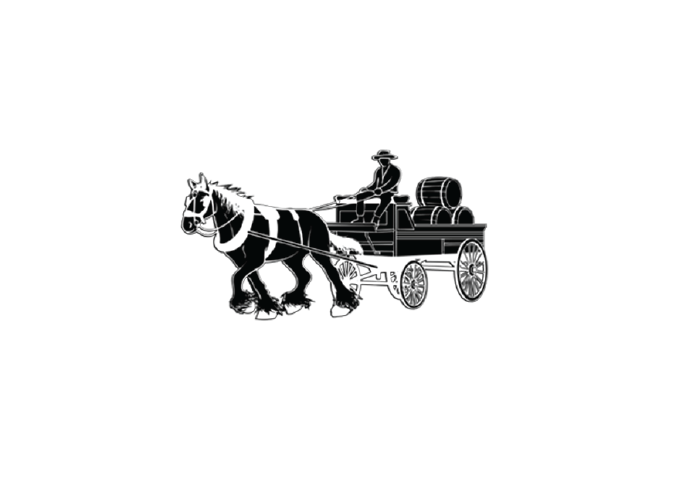Why Draft Beer is Better than Bottled Beer

You’ve probably been to a pub before and the bartender said that draft beer tastes better than bottled beer. Heck, maybe even your mates prefer beer on tap than any other beer. The big question is, “does a keg really deliver beer in its most satisfying form?” If so, why? In this article, we’ll be going over the reasons why draft beer makes for a better drinking experience compared to bottled beer.
Reasons why draft beer tastes better
There are real scientific reasons as to why draft beer lends itself to a completely different taste compared to bottled or canned beer. While it’s true that draft beer is fresher because it doesn’t sit around on bottles or shelves after being made, it’s not the only thing that improves the quality of the beverage.

- Not pasteurised – Pasteurisation is a process of heating the beer at high temperatures to kill off microorganisms. This ensures the freshness of the beer and helps prevent microbial spoilage. Bottled beers need to be pasteurised because they are often stored in long periods. The downside to pasteurisation is that it adversely affects the flavour of the beer by accelerating its aging process. With draft beer, you don’t need to pasteurise the beverage because it is refrigerated and served fresh.
- Less susceptible to oxidation – Oxidization, in general, negatively impacts the flavour of alcohol. The hops, carbohydrates and alcohol in beer are all prone to oxidisation when exposed to oxygen and can produce an off-flavour that ruins the beverage’s quality. Bottled beer is often exposed to oxygen because it’s divided into individual containers before being served. Draft beer, on the other hand, is stored in largely filled kegs with pressurized tops which helps prevent oxidization from occurring.
- Less exposure to light – Beer often comes in glass bottles that let in light. Light reacts with the hops in beer and ends up making it more bitter than intended. That’s why beers in clear or light coloured glass “skunk” faster than those in brown bottles. The benefit of draft beer is that you have more control over the flavour up until it’s served. That way, you don’t have to account for variable factors, like light exposure.
The use of mixed gas and air blenders make bar owners really happy because they reduce beer carbonation, making the beer easier to pour. Another interesting fact about draft beer is the flexible line linking the keg to the tap. These little buggers can turn into veritable small intestines. In other words, with their relatively large surface to volume ratio and their tendency to become covered in a microbiological film when neglected, draft lines can turn into long, thin bioreactors that change the flavour of beer as it flows from keg to tap. Neglected taps can also become totally funkified with microbiological growth. This can become especially pronounced with unfiltered beers as the nooks and crannies of the beer tap can quite literally become coated with a visible film of living yeast.
The key to draft beer is really quite simple. Carbon dioxide pressure and beer storage temperature should be matched to the carbonation level of the typical draft beer (usually somewhere around 2.5 volumes of carbon dioxide), and draft lines need to be routinely cleaned. In well-run draft bars, the flavour of draft beer should be within the expectations of the brewery and any difference between a draft and bottled beer should be minimal unless the beer has different draft and bottle specifications.
You mention that you perceive draft beer to taste smoother than bottled beer. This may come from the difference in pouring techniques between the two. It is often the case with draft beer that a noticeable amount of carbon dioxide is “knocked” out of the beer during pouring. In contrast, bottles are easier to gently pour and the amount of carbon dioxide loss is much less. Since carbonation level influences perceived bitterness, any differences in carbon dioxide content between draft and bottle may also lead to apparent differences in bitterness.
As a brewer, I prefer draft beer because it is less labour intensive to produce than bottled beer. Recognizing the factors that influence flavour you can adjust your recipe, carbonation level and serving temperature to produce the beer that you want, which is really what homebrewing is all about. And with the proper care and maintenance of your draft system, you can avoid many of the problems that readily arise when draft neglect occurs!
